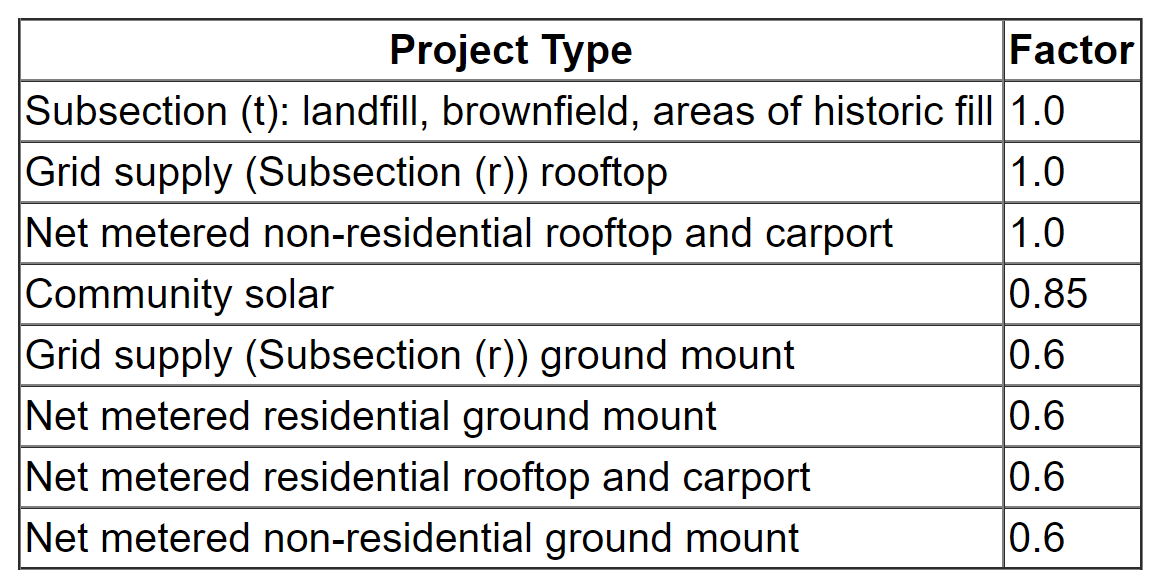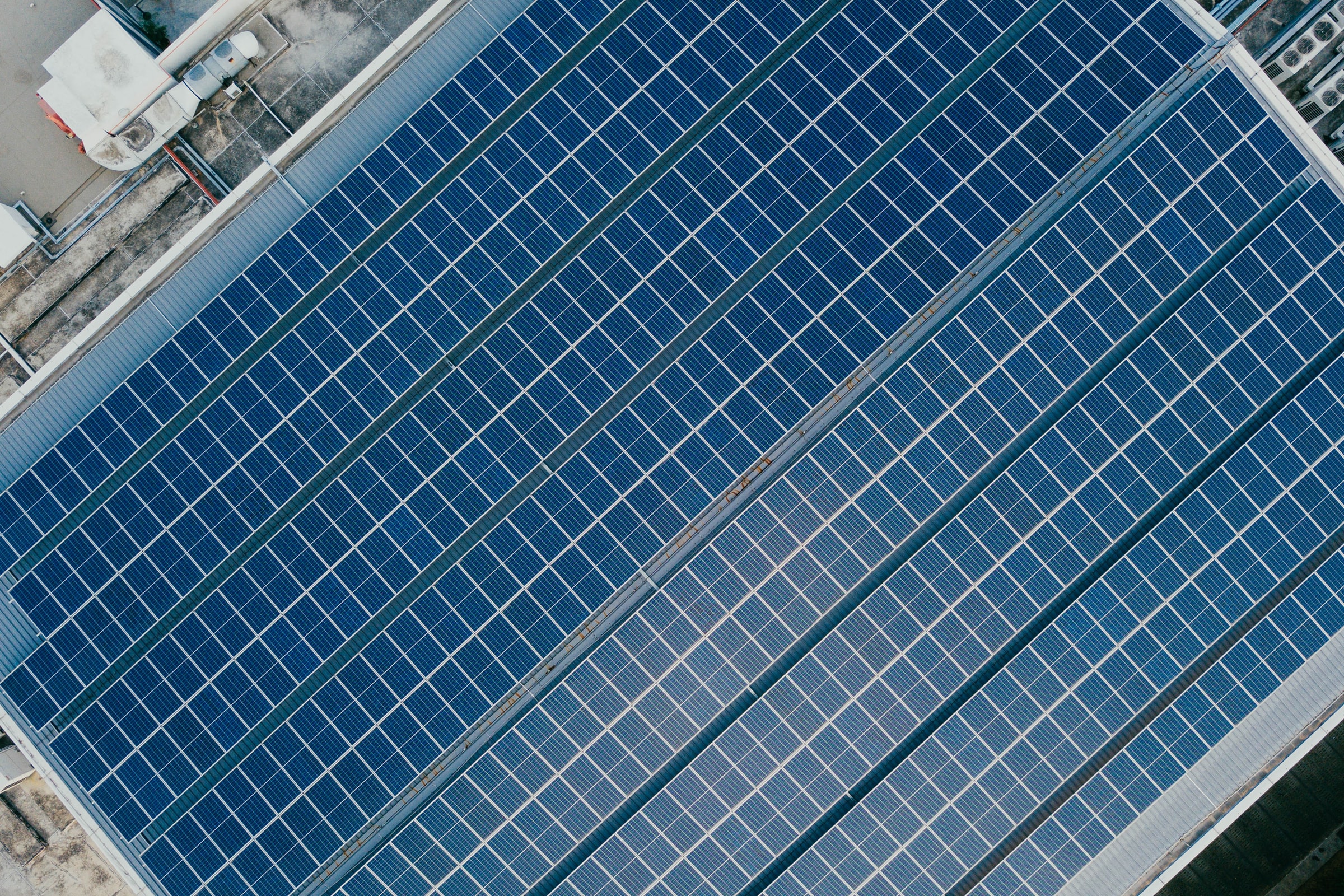New Jersey is the backbone of the east coast's renewable energy market and a longtime stable leader of solar energy. Solar developers have moved from building utility-scale solar farms to community solar projects and rooftop solar projects on large industrial buildings. It's a fluid market with an interesting new program, moving away from the traditional SREC scheme and embracing the new TREC Program.
What is the New Jersey Transition Renewable Energy Certificate (TREC) Program?
The TREC Program, designed to bridge the gap between the NJ Solar Renewable Energy Certificate (SREC) Program and a forthcoming, as-yet undecided solar incentive program, went live in December 2019. This temporary incentive program, like the SREC program, offers incentives for solar energy generation on a MWh (megawatt hour) basis.
The core difference between the programs is the pricing—the SREC offered variable pricing, with value dependent on market supply/demand, but the TREC offers a fixed price for the duration of the program. There are other differences, particularly relating to factorization, and full details are available from the New Jersey Board of Public Utilities.
The TREC is fixed for 15 years and can support the economics of a deal. Doing business in New Jersey, you will want to stay away from residential or agricultural land for greenfield development. This will never happen, this isn't New York. So, we have a great stable financeable structure but now you need parking lots for carport solar structures, large empty roofs that are 50,000+ sq ft, or industrial land.
Top 20 Facts About the New Jersey TREC Program
Below are some of the key facts about the New Jersey TREC Program.
- The TREC Program is a bridge betweeen the SREC Program and a yet-to-be-determined Successor Program.
- The NJBPU calculates TREC value by multiplying the base compensation rate ($152/MWh) by the project’s assigned factor. (Consult the chart above for factorization details).
- TREC value for a community solar project will be locked in at $129.20/MWh for 15 years using the base compensation ($152) x project factor (0.85 for community solar) formula.
- TREC value for a residential project is $91.20/MWh. Again, this uses the base compensation ($152) x project factor (0.6 for net metered residential) formula.
- Eligible projects can generate TRECs for 15 years following commencement of commercial operations. This is also called the ‘Transition Incentive Qualification Life’.
- Existing systems cannot apply to become community solar projects. Only projects which have applied to the NJBPU, and received approval as community solar projects, are eligible for the 0.85 community solar project factor.
- TREC factors are not based on system size—they are based on project type.
- TREC factors do not include an adder for energy storage.
- A pending petition on TREC value factorisation for floating solar projects is currently being considered by the NJBPU.
- One TREC is created for every one megawatt hour (MWh) of eligible generation entered into the Generation Attribute Tracking System (GATS).
- The Transition Incentive portal has been opened since May 1, 2020. Click this link to view the portal.
- Behind-the-meter projects are eligible for the TREC Program.
- If a client has received SRECs for a now decommissioned solar PV system, they are still eligible for TRECs on a new system, provided that 100% of the original equipment has been replaced.
- Some delays may occur with reviews of new applications as a result of COVID-19, but NJBPU Staff and the TI Administrator are working to ensure that this review process continues in a timely manner.
- Details regarding COVID-19 PTO waivers are available here on the New Jersey Clean Energy website.
- There is no size limit for TREC eligibility.
- Remote net metered projects are eligible for TRECs.
- Community solar projects may apply for TRECs once they have received conditional approval from the NJBPU.
- There is currently no set date for a decision on the Solar Successor Program which will follow the TREC Program.
- The TREC Program will remain open for registration until a registration process has been established for the to-be-determined Solar Successor Program.
For a full, in-depth FAQ covering the TREC (Transition Renewable Energy Certificate) Program, check out this webpage on the New Jersey Clean Energy website. This FAQ covers topics including:
- The Clean Energy Act of 2018 and the Solar Transition
- The Transition Incentive Program
- TREC Value and Factors
- Transition Incentive Registration Process/Eligibility
- Transition Incentive Registration: Disclosure Forms
- COVID-19 PTO Waiver Request
- SRP Application
- SRP Construction Deadlines and Extension Policies
- Remote Net Metering
- Grid Supply
- Community Solar
- The Solar Successor Program
- & more
Additionally, you can read our recent articles exploring the New Jersey TREC Program and what it means for the state’s solar development:
- What is the New Jersey TREC Program? | YSG Solar
- Top 7 New Jersey TREC Questions & Answers In 2020 | YSG Solar
Want to learn more about New Jersey solar? Get in touch today. YSG has been operating in the solar sector for over a decade and is vastly experienced in all kinds of projects, from rooftop residential, to solar farm land leases. We work to ensure the best return on your investment and the highest savings on your utility bill. Send us an email or call at 212.389.9215 to get started.
YSG Solar is a project development vehicle responsible for commoditizing energy infrastructure projects. We work with long-term owners and operators to provide clean energy assets with stable, predictable cash flows. YSG's market focus is distributed generation and utility-scale projects located within North America.
Sources:
https://www.nj.gov/bpu/newsroom/2019/approved/20191206.html
Photo by CHUTTERSNAP on Unsplash.

